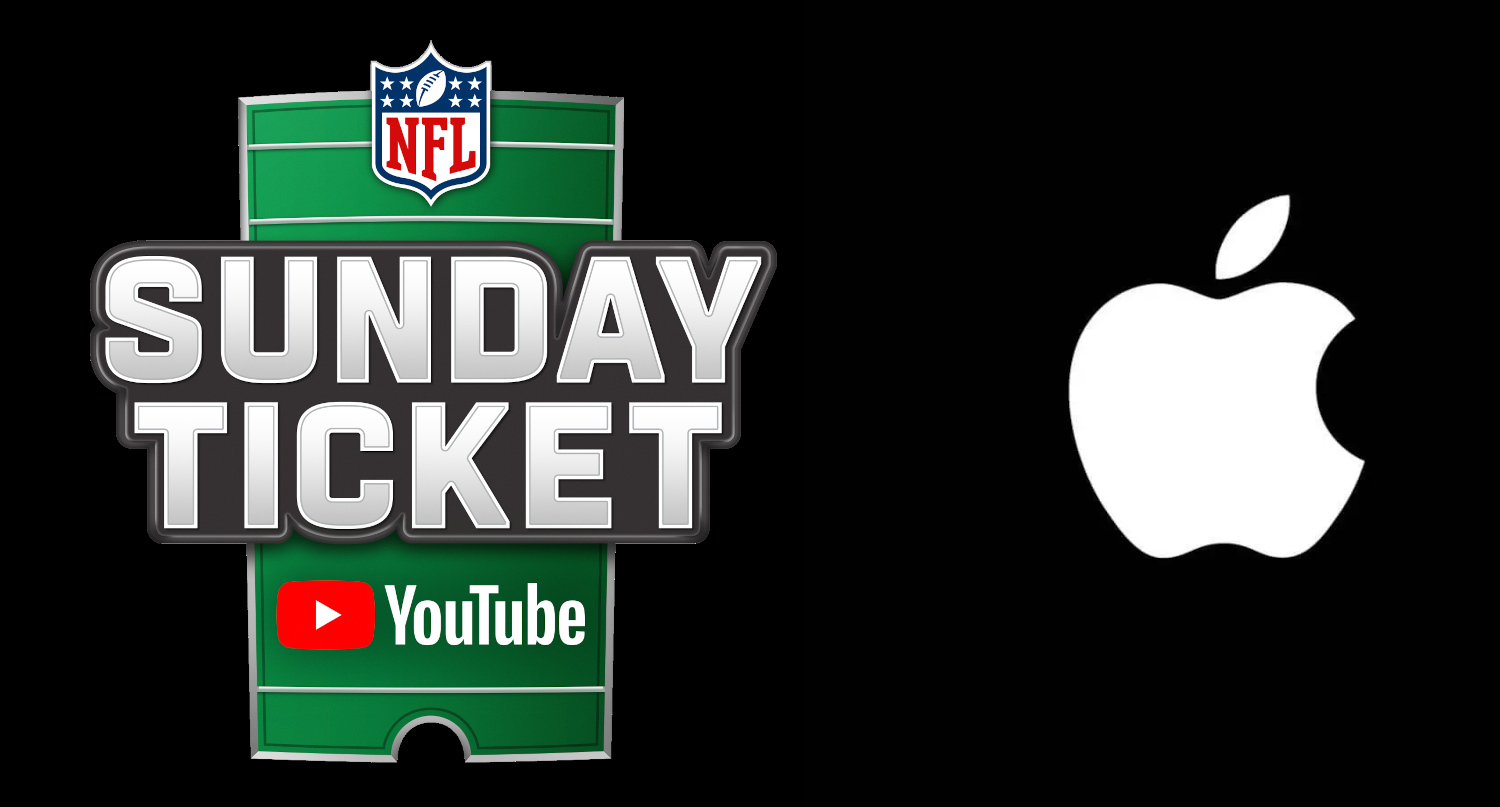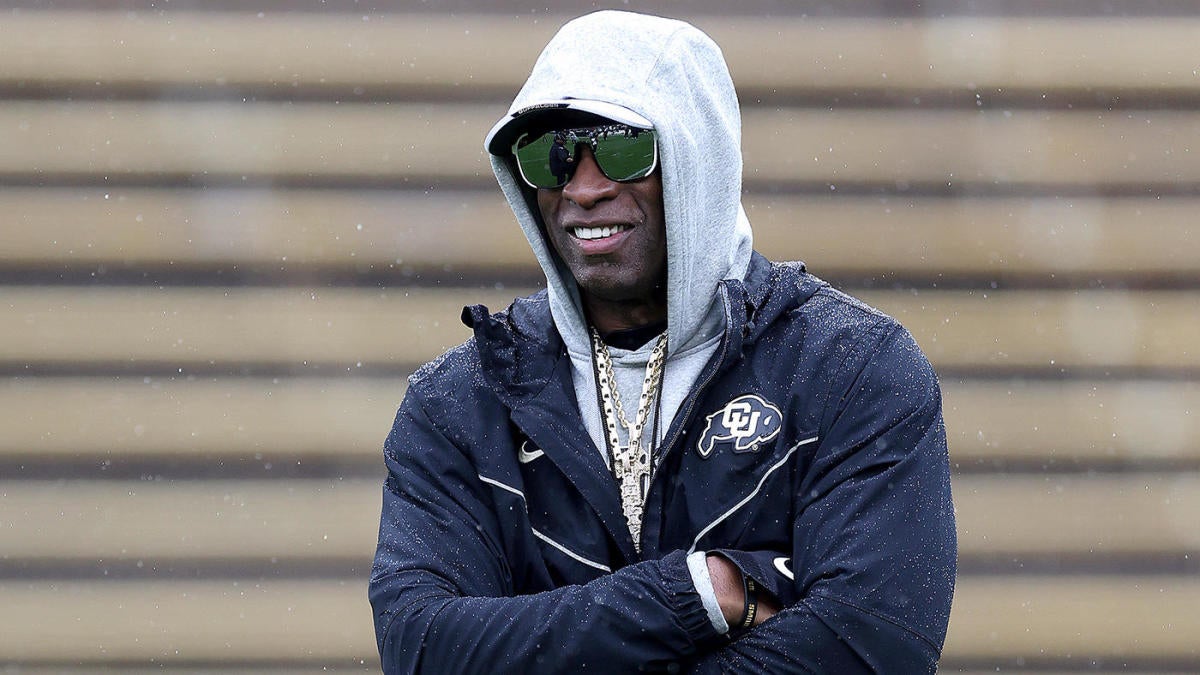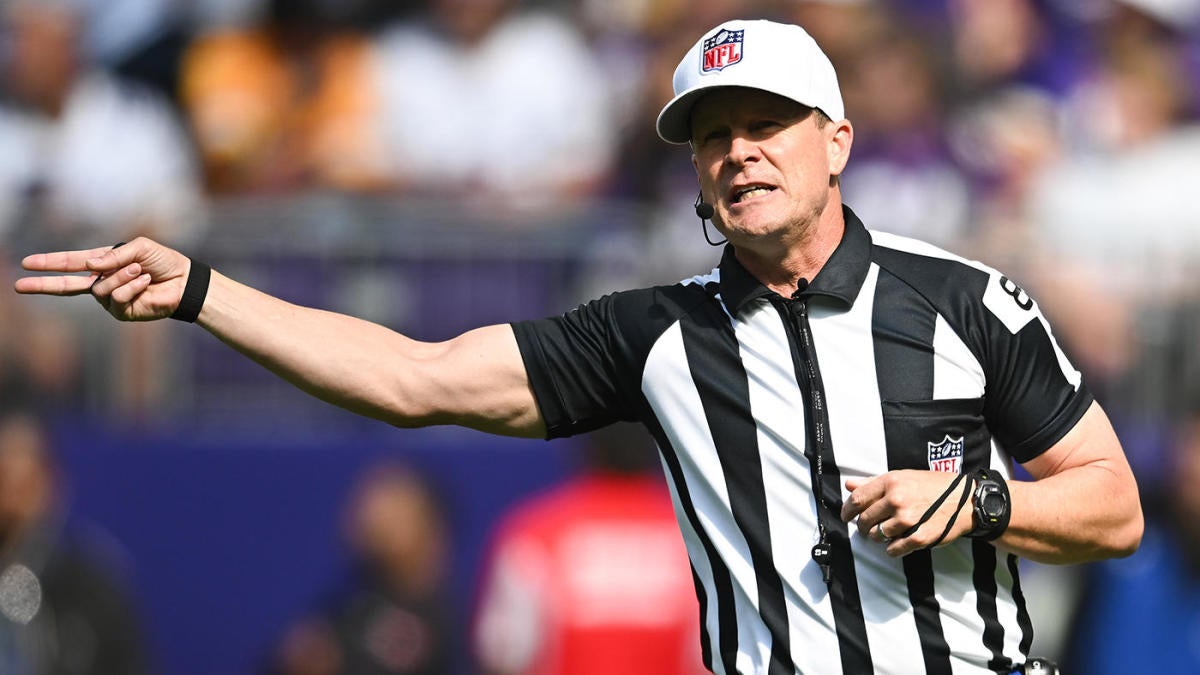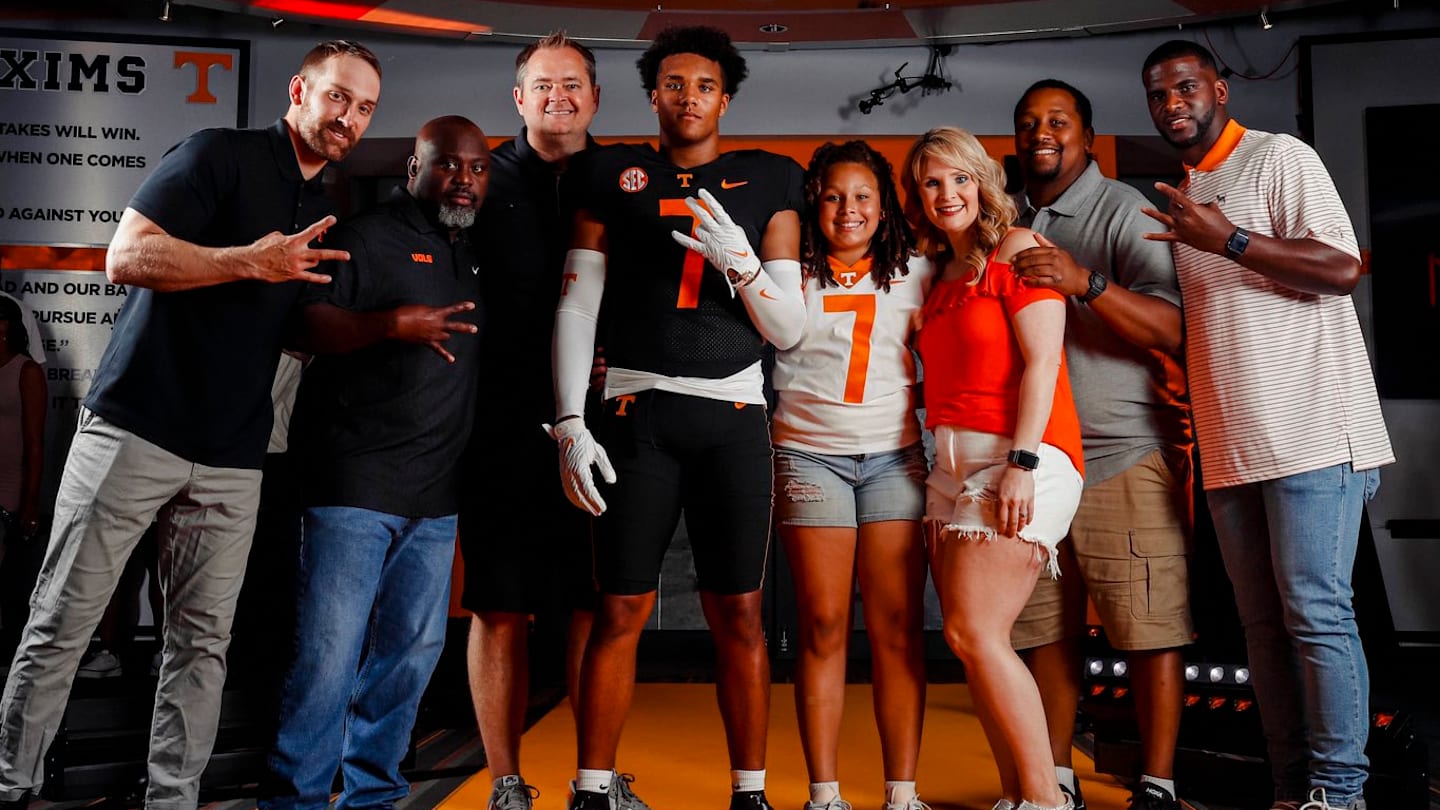$680 Apple in-app price for NFL Sunday Ticket can easily be avoided

Wide-ranging approaches and policies tend to get much more noticed when they touch a hugely-popular league like the NFL. The latest case there is with Apple’s long-controversial revenue cut of up to 30 percent on in-app purchase payments, which is now touching NFL Sunday Ticket and sparking controversy. However, the higher price doesn’t look like something any user actually needs to pay, as options appear available to get the original price directly from YouTube/Google and still access the content on Apple devices.
There’s a long history here of note. This practice from Apple led to the Epic Games lawsuit (which wound up resolved largely in favor of Apple, but did require them to allow alternate payment systems; however, they can still take an up to 27 percent cut there.) And that means that developers often charge higher rates on iOS in-app purchases than they do elsewhere to compensate for those revenue cuts. (It should be noted that Google also often takes a 30 percent cut on Android in-app purchases, but considering that this one is from their own company, they’re not doing that here.)
The Apple Store surcharge effect has now happened with NFL Sunday Ticket on YouTube and YouTube TV. As John Ourand noted in his The Varsity newsletter at Puck Monday, the NFL Sunday Ticket product is now available through the YouTube app on Apple iPhone or iPad products, but at a cost of $679.99 annually without NFL RedZone or $719.99 annually with it. That’s a massive jump over the current regular prices of $379.99 and $419.99 for those packages with a YTTV subscription (there are some further discounts right now for those who don’t already subscribe to YTTV), or $479.99 and $519.99 without a YTTV subscription. (It should be noted that there is not a separate NFL Sunday Ticket app in the Apple store; this is about in-app purchases through the YouTube app or the YouTube TV app.)
Those latter prices, plus a 30 percent fee to compensate for Apple’s 30 percent cut, would get you to the prices Ourand cites for this through the YouTube app on Apple (which would be buying this without a YTTV subscription). It’s not clear if the prices within the YouTube TV app on Apple devices are similarly boosted, but that would seem logical. And when Ourand asked the NFL for comment on that, they sent back a “The NFL does not control the pricing of Sunday Ticket and does not set or receive any additional fees associated with its sale” statement, which adds to the case that the prices here are about the 30 percent Apple revenue cut on in-app purchases.
The thing is, though, there shouldn’t be anyone who specifically needs to buy NFL Sunday Ticket (in any of its forms) exclusively through Apple. Where these surcharges actually pay off for Apple is when people make in-app purchases on specific apps tied to their Apple devices.
This was a big deal with Epic’s Fortnite titles. And Epic’s attempts to avoid that by sending in-app users to their own webstore led to Apple pulling the app and to that aformentioned maze of litigation. It’s notable that Fortnite V-bucks are also available through Epic’s webstore, though, usually at a 20 percent discount versus in-app purchases through Apple or Google. And the cross-platform nature of the Fortnite titles means that those purchases also apply to games played on Apple or Google devices.
And that’s exactly what’s going on with YouTube and YouTube TV. Those apps on Apple devices are a way to watch those products on those devices. But the products themselves are pulling their list of authorized content from a user’s central YouTube or YouTube TV account, which can be managed (including with add-on subscriptions) on Google’s website. There’s no need to buy those add-ons through Apple rather than Google. And it should also be noted that there are many further promotions, both from Google and from others, that can reduce Sunday Ticket costs further, and that subscribing to Sunday Ticket under any of those would also lead to this content being available to watch on Apple devices.
Why do these much-higher prices exist, then? Well, it likely seems to be about Apple Store consistency. Despite the criticism this revenue cut model has taken, it works very well for Apple on in-app purchases on games that are specific to Apple devices and don’t have an external workaround. It even works well on some things like Fortnite; the higher price can be annoying, but $10 versus $8 can be worth it for a convenience factor of not having to leave the app. And this sometimes even works okay for developers, with Apple Store inclusion (even at a higher price) potentially leading to higher sales for them than alternate approaches. But the Apple revenue cut is a much bigger deal for a $200 price difference than a $2 one.
Thus, both YouTube parent Google (which gets the actual revenue here from the user) and Apple (which gets their cut) probably aren’t expecting many sales from this approach. But there’s logic to this being offered; that allows Apple to say “See, we maintain this position consistently, even when it comes to Google and the NFL,” and allows Google to say “No, we’re not going to give Apple 30 percent of the revenue we’d otherwise get, we’ll increase the price to cover that.” And perhaps some people who don’t know this is actually a cheaper product elsewhere will buy it at this price (although that would certainly be unfortunate for them).
Really, though, everyone here is acting at least somewhat in line with their own interests. Yes, the NFL theoretically does not control Sunday Ticket pricing to consumers; they sell the rights to a company that can then choose to charge what it wants (testimony in the recent Sunday Ticket lawsuit suggested they did turn down a $70 per user offer from ESPN and other potential lower-priced deals, including one from Apple, but it wasn’t clearly established that the end-user price point was the issue), so this isn’t really their problem. Yes, Google could maintain a consistent price on Apple with their own website/app pricing for Sunday Ticket, but they’d then be sacrificing 30 percent of that to Apple.
And yes, Apple could make an exception to their general App Store in-app revenue cut for this, and could probably make money doing so. If they went to, say, a 10 percent cut rather than a 30 percent one, Google would only have to boost the $480 package $48, and more people would probably go for that from sheer convenience than the current $200 price jump. And as long as at least 4.2 times as many people bought this that way than would buy it with the $200 price jump, that would be revenue-positive for Apple on this specific item.
But that would weaken Apple’s overall App Store revenue cut approach. And it would lead to other companies demanding exceptions. So it probably works fine for their policies to lead to Google offering a product that it seemingly makes no sense for anyone to buy here. And all this winds up with is a lot of discussion on something that shouldn’t actually impact many, except people who don’t research the actual price of this service from Google and just buy it in-app via third party Apple (whose only contribution to this service is “allowing YouTube and YouTube TV to have an app on their products”). That is unfortunate, but price comparison research is often well worth it in general, and it really is in this case.
Related
Deion Sanders willing to take NFL head-coaching job under one…
Deion Sanders has been at the University of Colorado for two full seasons now, and duri
Grading all six NFL head coach openings, from the Bears…
This article is from Scoop City, The Athletic’s daily NFL newsletter. Sign up here to receive it directly in your inbox.Today, we’re assigning grades for th
NFL sends teams memo about ‘importance of sportsmanship’ before start…
The NFL has made its enforcement of sportsmanship rules a point of emphasis this season
PFT’s 2024 NFL Wild Card picks, Florio vs. Simms
The regular season, if you haven’t heard, has ended. The postseason starts now.The all-important (not important at all, e












